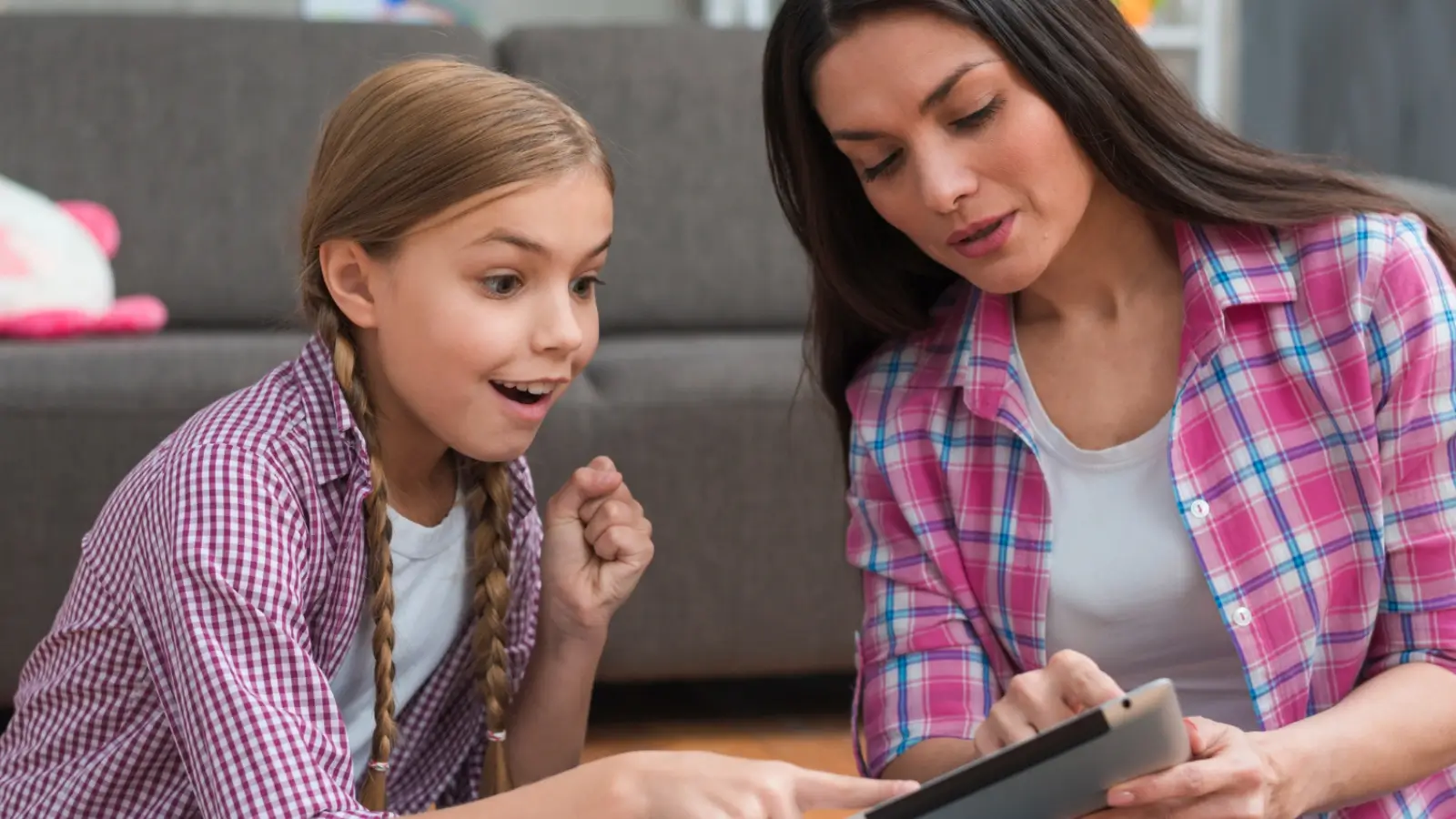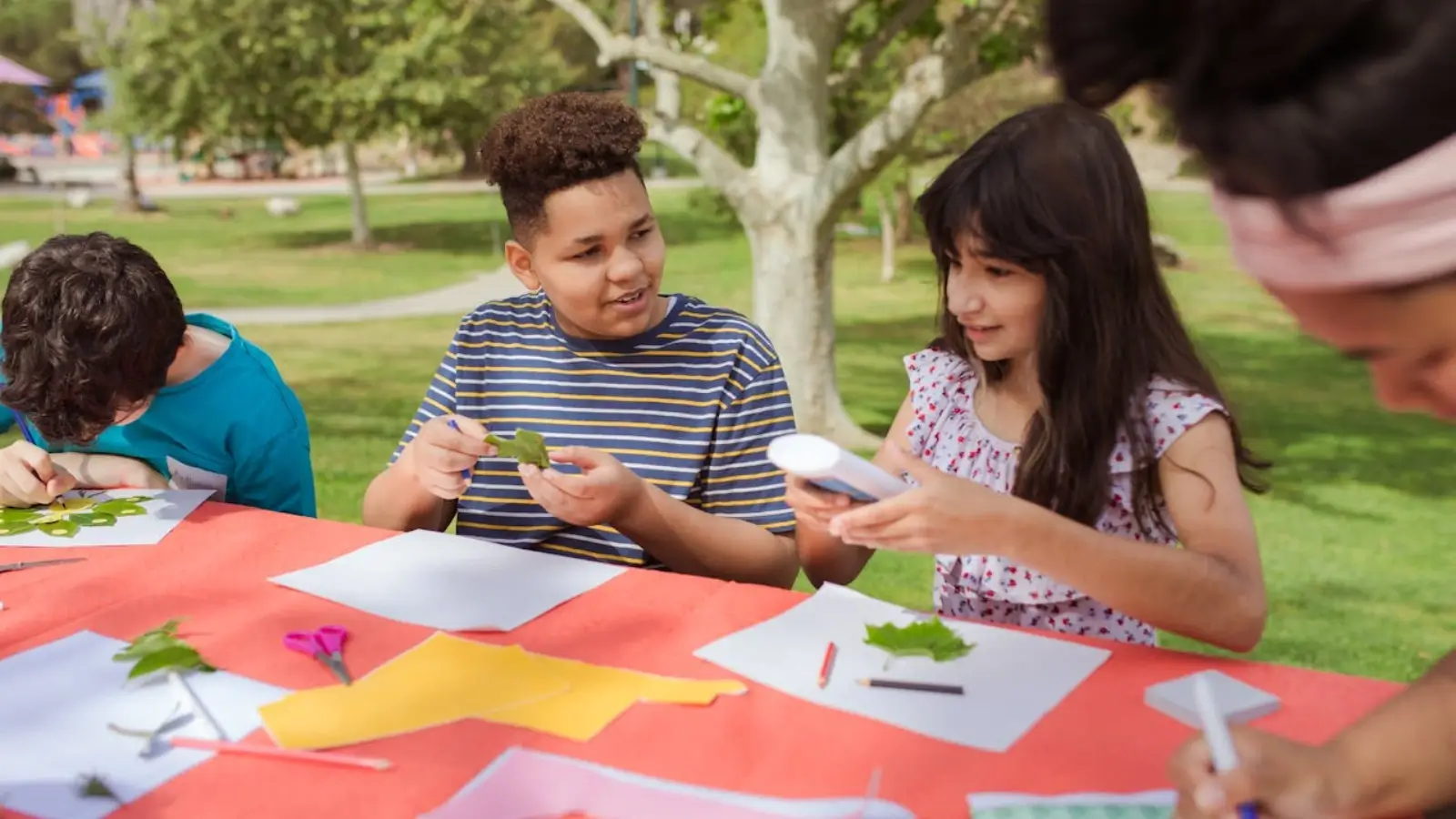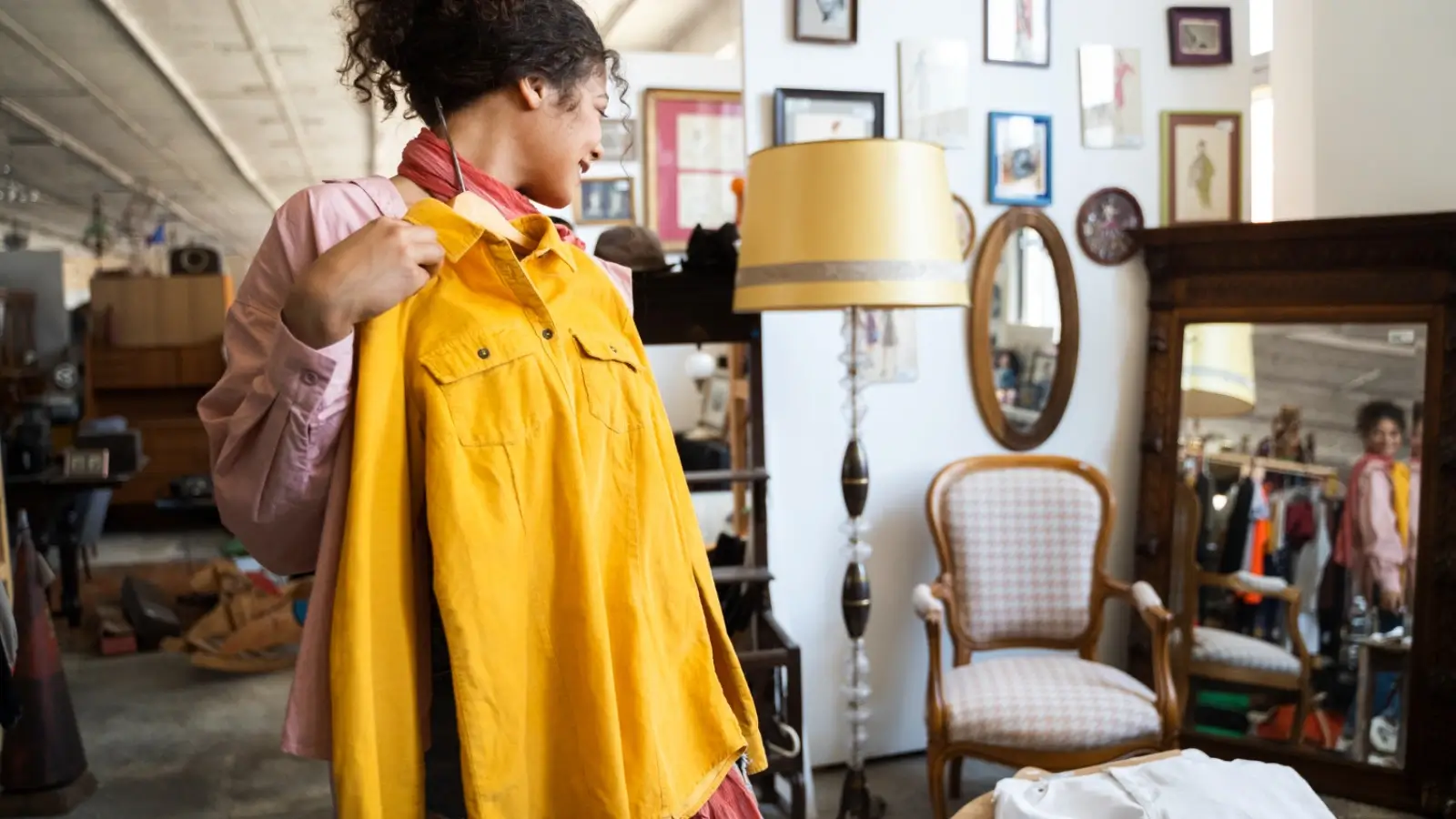Social media has become the primary playground where many young people form and maintain friendships. While these digital connections can be incredibly meaningful, they also come with unique challenges that didn't exist when we were growing up. As parents and carers, it's natural to feel a bit out of your depth when it comes to guiding your child through the complex world of online relationships.
Start with Open Conversations
The foundation of helping your child navigate social media friendships safely begins with creating an environment where they feel comfortable talking to you. Rather than launching into lectures about online dangers, try asking genuine questions about their digital social life. What platforms do they enjoy most? Who are they chatting with? What makes a good online friend versus someone they'd rather avoid?
These conversations shouldn't be interrogations. Instead, approach them with curiosity and genuine interest in understanding their world. When children feel heard rather than judged, they're much more likely to come to you when something feels wrong or uncomfortable online.
Teach the Art of Digital Boundaries
Just as we teach children about physical boundaries, they need to understand digital ones too. Help your child recognise that it's perfectly acceptable to unfriend, block, or mute someone who makes them uncomfortable. Explain that real friends won't pressure them to share personal information, photos they're not comfortable with, or meet up in person without proper planning and parental involvement.
Encourage them to trust their instincts. If someone online is asking lots of personal questions, requesting photos, or making them feel uneasy in any way, these are red flags worth discussing with you. If you are a foster carer with an agency like Fosterplus, remember that concerning information like this will need to be passed onto your allocated social worker.
Understand the Platforms They're Using
You don't need to become a TikTok expert overnight, but having a basic understanding of the platforms your child uses helps enormously. Each platform has different privacy settings, communication features, and potential risks. Spend some time learning about these together – your child might actually enjoy being the teacher for once.
Most platforms have robust privacy controls, but they're often not enabled by default. Work with your child to review these settings regularly, ensuring their profiles are private and they're only connecting with people they actually know.
Model Healthy Digital Relationships
Children learn more from what we do than what we say. Be mindful of your own social media habits and how you discuss online relationships. If you're constantly checking your phone or getting stressed about online interactions, they'll pick up on this behaviour.
Show them what healthy digital communication looks like by demonstrating kindness, respect, and appropriate boundaries in your own online interactions.
Know When to Step In
While it's important to give children age-appropriate independence, there are times when parental intervention is necessary. If your child seems upset after using social media, withdraws from real-world activities, or mentions concerning interactions, it's time for a deeper conversation.
Consider using parental controls or monitoring software for younger children but be transparent about this rather than doing it secretly. As they mature and demonstrate good judgement, you can gradually reduce these restrictions.
The goal isn't to eliminate all risks entirely, as that's impossible. Instead, focus on equipping your child with the knowledge, confidence, and communication skills they need to build healthy relationships both online and offline. With your guidance and support, they can enjoy the benefits of digital friendships while staying safe in the process.
















